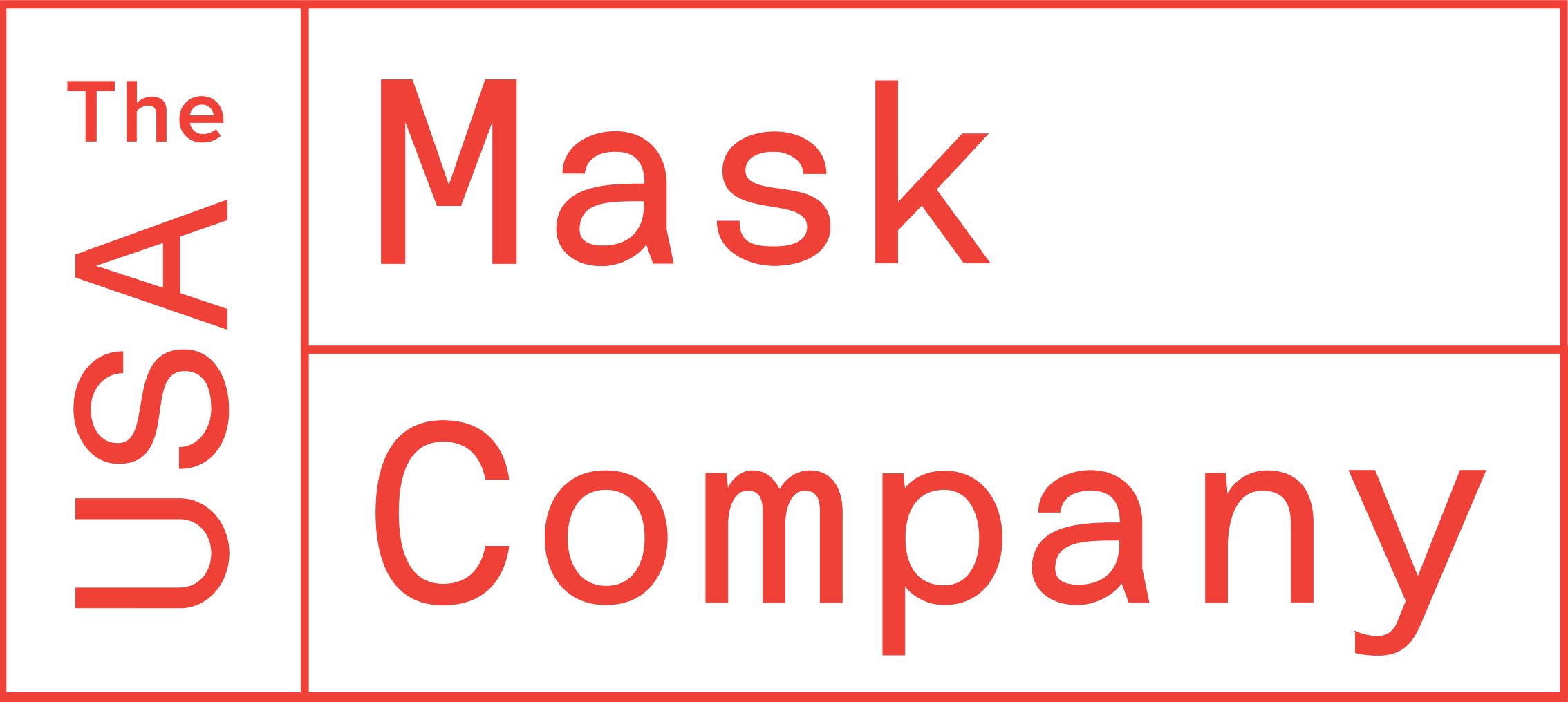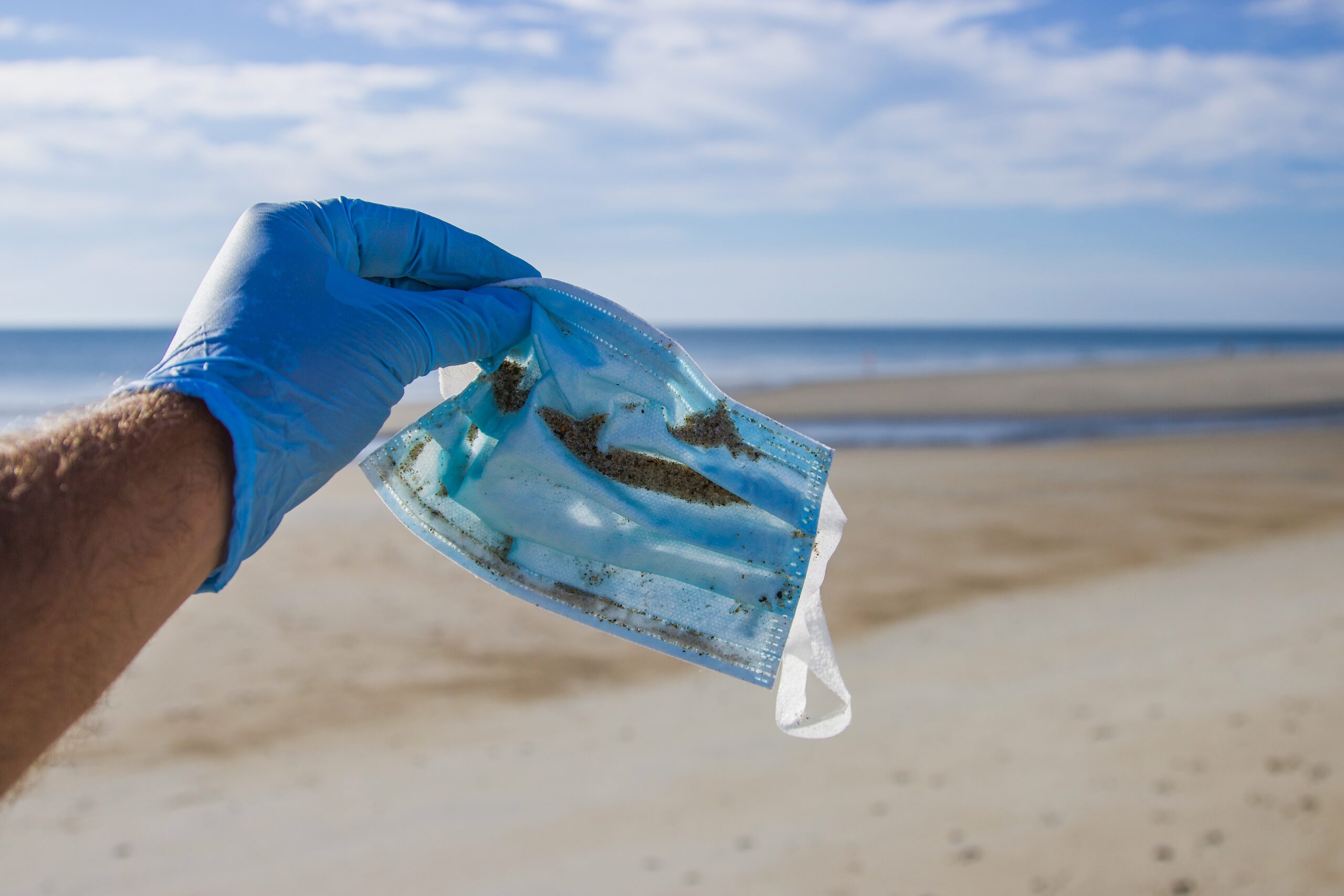From DIY face masks made of cloth to standard N95 respirators, face coverings have been an essential part of life to everyone around the world since the pandemic began. And while they protect us against COVID-19, the improper disposal of single-use surgical masks and respirators is causing waste problems on both land and sea which sends an ominous environmental warning that could last for decades.
The mask disposal problem.
How is the pandemic affecting the environment?
Recent beach cleaning initiatives in Hong Kong and the Meditteranean have reported contaminated face masks turning up a few meters from the shorelines or floating on the waters, causing greater danger in the planet’s water bodies. Here in the U.S., over 5,500 tonnes of contaminated face masks were generated for the first three months of the pandemic last year.
The World Health Organization (WHO) had earlier called out for the production of 89 million additional disposable face masks for global healthcare workers per month. This is on top of the United Kingdom’s need for 24.7 billion single-use face mask supply per year. Besides this, the Centers for Disease Control and Prevention (CDC) has already announced that we could be wearing face masks until the greater part of 2022.
So, just imagine how the volume of used face masks the world will generate while dealing with the pandemic.
Though the millions of surgical masks and N95 or KN95 respirators used in hospitals are treated by professional waste management companies, those that are used by the general public (which are also considered hazardous), have the potential to add to the world’s growing waste problem which averages around 2.12 billion tonnes annually.
How to dispose of your used masks properly
With billions of medical-grade N95 and KN95 respirators being produced and used in the fight against COVID-19, knowing how to properly dispose of the single-use face masks you wear may be just as essential as surviving the pandemic.
Here are the simple steps you should practice when discarding your used face masks and respirators:
- For contaminated surgical masks and N95 or KN95 respirators, fold them into a roll, wrap them with their ear and head loops to secure the breathing chamber area, and discard it with a zip lock waste bag. Place the waste bag in biomedical waste bins.
- If there are no biomedical waste bins around you, take your used face masks and respirators at home, and put them straight into a trash bin with a top lid, and make sure you segregate them from your other waste materials, particularly organic ones.
- Never put your contaminated face coverings in the recycling bin as they can be dangerous to waste treatment workers.
After disposing of your face masks, make it a regular practice to wash your hands thoroughly to keep yourself and the planet safe from COVID-19.

